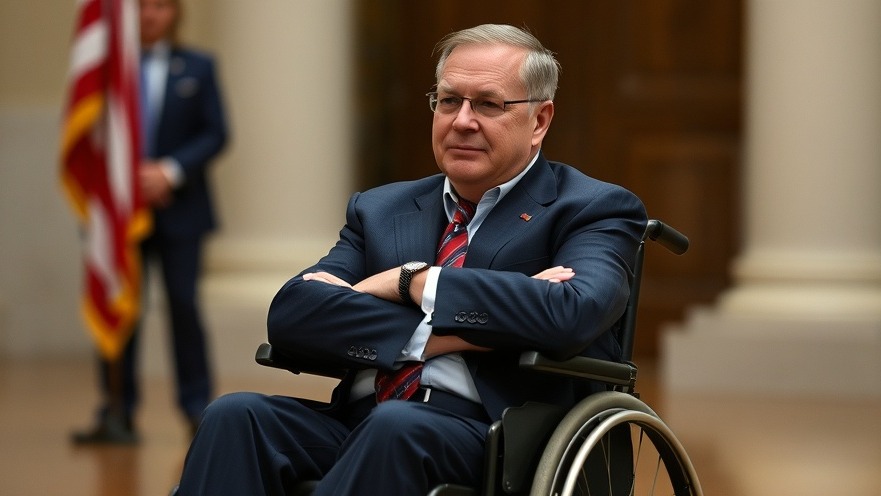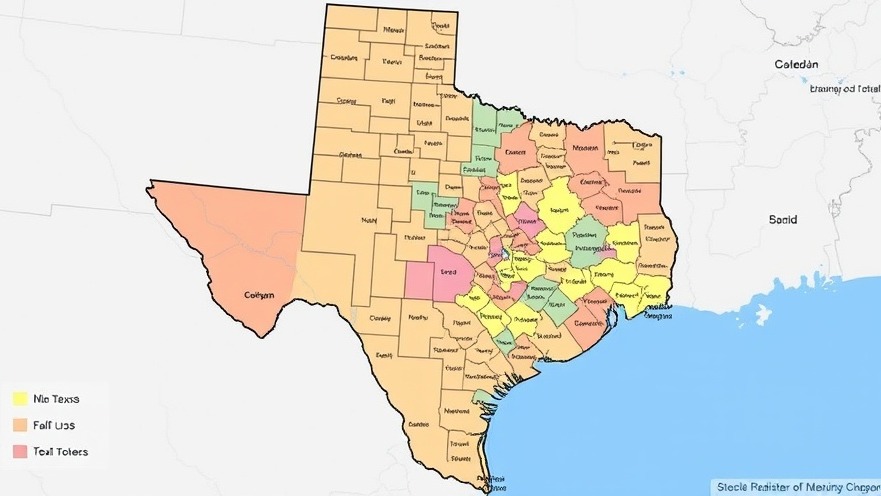
Texas Political Landscape at a Standstill
The ongoing special session in Texas faced a major gridlock as House Democrats left the state, obstructing the passage of critical legislation, including an aggressive redistricting plan aimed at reshaping congressional maps to benefit the Republican Party. Governor Greg Abbott, now standing at the forefront of Texas politics, is determined to wield his power and call lawmakers back to work if the current session ends without new maps. As the stakes rise, tensions between parties are escalating, with both sides blaming each other for inaction.
Redistricting: A Tactic or a Foul Play?
The redistricting battle in Texas has brought intense scrutiny and strategy to the forefront of political rhetoric. According to Texas law, the Republican-led Legislature is within its rights to redraw district lines to maximize seats. Conversely, Democrats argue that the process undermines fair representation for minority voters, effectively dismissing their concerns. This contention reflects a growing national debate on gerrymandering, highlighting how political maneuvering can drastically alter representation. Abbott’s urgency to reshape the congressional map aims to add up to eight Republican seats—an ambition that provokes further intense political fault lines.
The Current Impasse and Its Consequences
As lawmakers are gearing for what might be an early adjournment, one immediate casualty is the legislative response to recent deadly flooding incidents in Central Texas. Other pressing matters—including education and healthcare—risk being sidelined as the focus remains fixated on redistricting antics. Abbott has firmly stated, "There will be no reprieve for the derelict Democrats who fled the state and abandoned their duty to the people who elected them." This impasse places the needs of Texans at risk, showcasing how partisan strife can overshadow pressing state issues.
Future Political Ramifications
The fallout from the current quorum crisis may reshape future political dynamics as both parties navigate a landscape increasingly marked by polarization. If Abbott succeeds in his maneuvers, it could reinforce Republican dominance not just in Texas but also at a national level. On the flip side, Democrats' absence sends a worrying signal about their commitment to address pressing issues; it could alienate constituents who expect tangible results from elected officials.
More Than Just Politics: The People Behind the Decisions
At the core of this political drama lie the voters. When political maneuvering leads to legislative inaction, Texans are left without the necessary protections and responses to issues affecting their daily lives. The ongoing flooding crisis highlights the urgency for effective governance. Voter opinion is crucial; constituents may become increasingly frustrated with representatives who prioritize partisan outcomes over immediate needs.
What’s Next: Abbott's Next Moves
As the special session concludes, Abbott's ability to call another meeting raises questions about the future legislative agendas. Potential items for future sessions may well encompass not only redistricting but other socially conservative measures that failed previously. The governor's commitment to a conservative agenda may resonate with his base, while at the same time alienating moderate voters.
Fitness of Democratic Response
Democrats have taken a calculated gamble by temporarily relocating to dilute Republican efforts, believing it might pressure GOP leadership to reconsider their hardline approach. However, the gamble raises concerns about electoral accountability. Will their gambit work in a state where Republican influence is predominant? Despite their bold actions, they must also grapple with the risk of losing credibility among voters eager for substantial legislative outcomes.
As the political climate remains volatile, Abbott's pledges to sequentially call legislators back may herald a continued battle of wills leading into future elections. This makes it imperative for voters to stay informed and engaged as both parties tussle over the implications of redistricting within the context of Texas politics.
For Texans interested in how these developments might impact their livelihoods and communities, it's essential to closely follow the sessions' progression, as the decisions made could have lasting repercussions on local and state governance.
 Add Element
Add Element  Add Row
Add Row 



Write A Comment